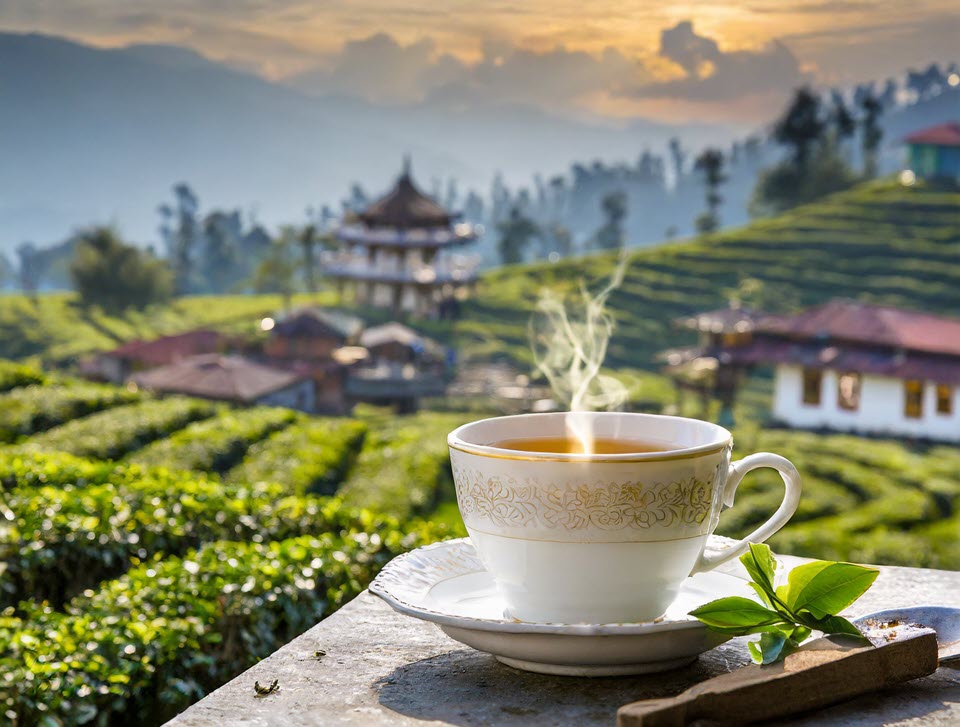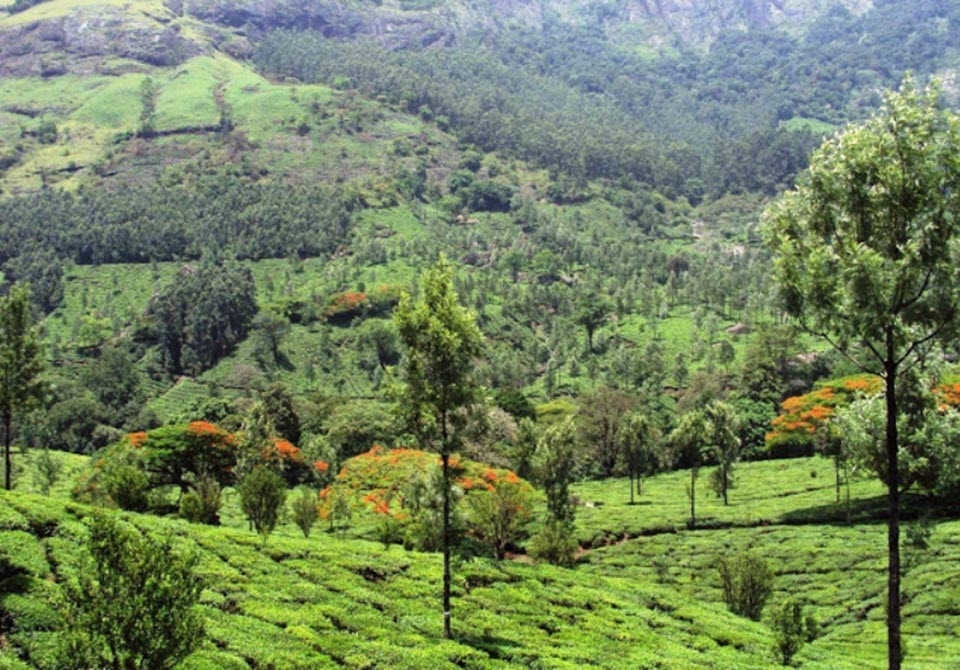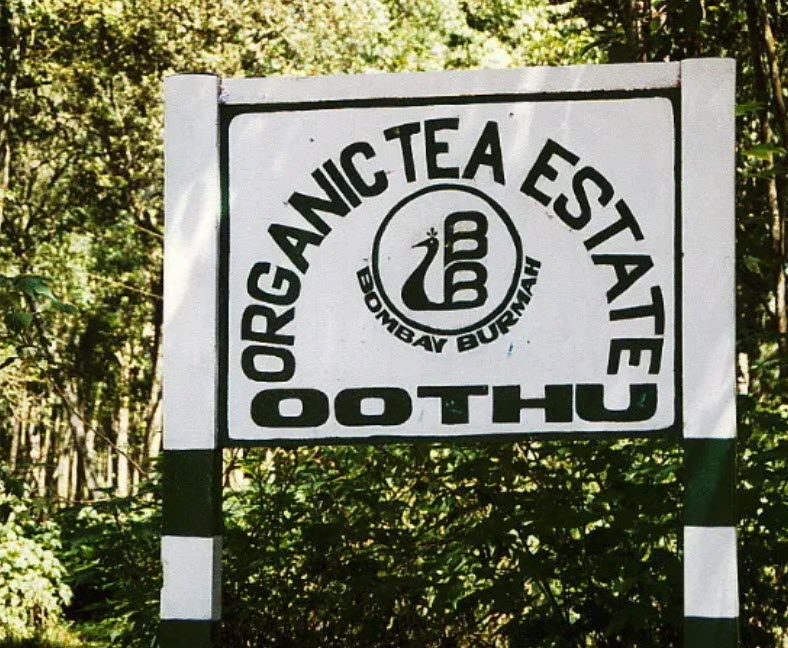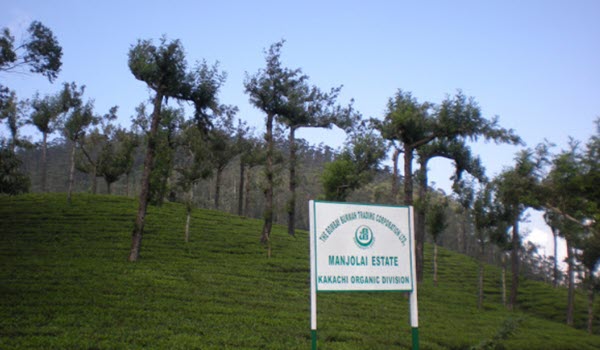By Aravinda Anantharaman | Managing Editor
India Tea News for the week ending June 28, 2024
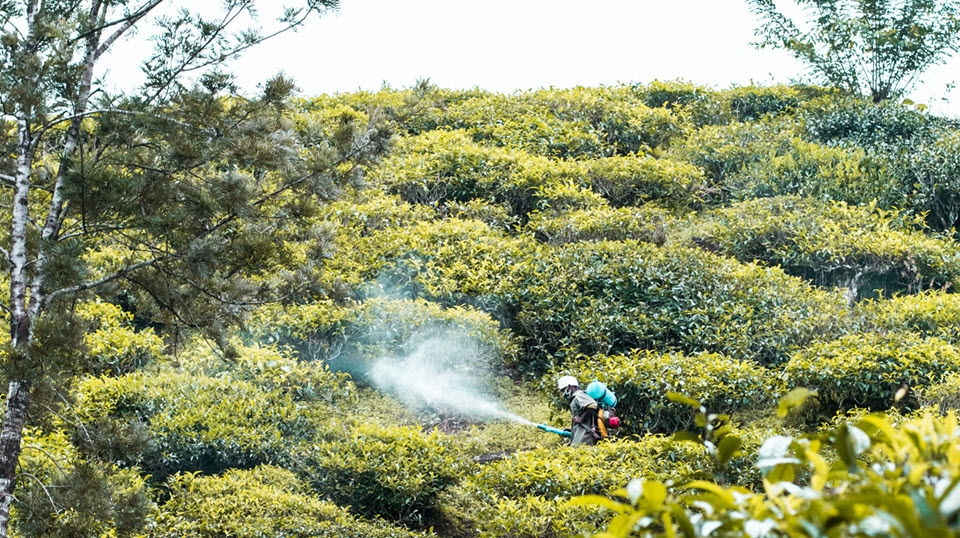
Assam Small Tea Growers Pledge To Grow Clean Tea
The All Assam Small Tea Growers’ Association has pledged to work to improve the quality of Assam tea. The association has appealed to its members to stop using banned pesticides. They are conducting workshops to raise awareness about tea safety and permissible pesticides. And seem keen to change the perception that small tea growers are dragging down the quality of tea. Some samples of green leaf from small tea growers got a clean chit after testing at the Tea Research Association at Jorhat. What they seek in return for producing clean leaf is remunerative prices.
India Tea Production for 2024 Sees 60 Million Kilo Decline
The Tea Association of India has issued a press release to raise concerns about the drastic drop in tea production in north India in the first and second flush. The cause has been the severe lack of rainfall and excessive heat which this region has seen all year. The Association estimates a reduction of around 60 million kilograms by the end of June 2024, compared to the same period last year. By April, Assam had an 8% drop compared to the same period last year, while West Bengal saw a 13% decline. Things took a turn for the worse in May, with a 20% and 40% drop in production compared to 2023 in Assam and West Bengal, respectively. While West Bengal saw a 50% to 80% reduction in rainfall in major tea districts, Assam saw a 10% to 30% shortfall. It also means possible heavy monsoons with above-normal rainfall that further exacerbate the situation.
Powered by RedCircle


